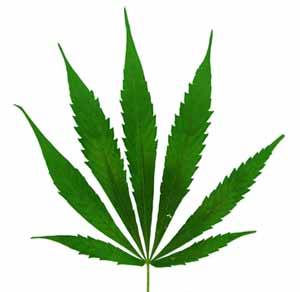As the planet warms, many scientists say, more energy and water vapor are entering the atmosphere and driving weather systems. A report released on Wednesday by the Intergovernmental Panel on Climate Change, the United Nations body that issues periodic updates on climate science, confirmed that a strong body of evidence links global warming to an increase in heat waves, a rise in episodes of heavy rainfall and other precipitation, and more frequent coastal flooding. United States government scientists recently reported that February was the 324th consecutive month in which global temperatures exceeded their long-term average for a given month; the last month with below-average temperatures was February 1985. This year, the United States has set 17 new daily highs for every new daily low, according to an analysis performed for The New York Times by Climate Central, a research group in New Jersey.
Thursday, March 29, 2012
Weather Swings
Thursday, March 22, 2012
Strong food smells cut down quantities
Thursday, March 1, 2012
Teenagers Use Less Alcohol, but More -------
Regardless of what view teenagers have about weed, scientists have continued to research its effects on human beings. One result is a major downside of the medical use of marijuana. The drug affects working memory drugs and the ability to transiently hold and process information for reasoning, comprehension and learning. Scientists have recently learned that Marijuana's major psychoactive ingredient (THC) impairs memory independently of its direct effects on neurons. I have to say that I did not know that marijuana is used for medical purposes, but I guess that some what makes sense after reading how it is used for those purposes. While we learn that it affects our memories, scientists continue to shock as with their unending findings and knowledge. Despite the fact that our brains make their own marijuana at specific receptors in the brain itself, people continue to smoke the drug for just the pleasure of it. My question is what happens when the drug smoked gets mixed with the one that the brain created? Now although this sounds confusing, I have high hopes that scientist will discover what happens when the two connect. I for one would love to know their discoveries.
When doctors began using marijuana used for medical reasons, they hoped that that would decrease the abuse of it instead, that has not been the case. There have been no signs of decrease in its abuse mainly because people think that it is not bad for their health since it’s medically used.
Back to teenagers, they are drinking alcohol at record low levels, but instead prefer to smoke more marijuana. I believe accessibility to it is easy although it is not the only reason teenagers use it more. Another reason as to why is that media paints a positive picture of the influences of it, thus leading teenagers into thinking that there are no harmful effects that accompany its use.
Subscribe to:
Posts (Atom)
